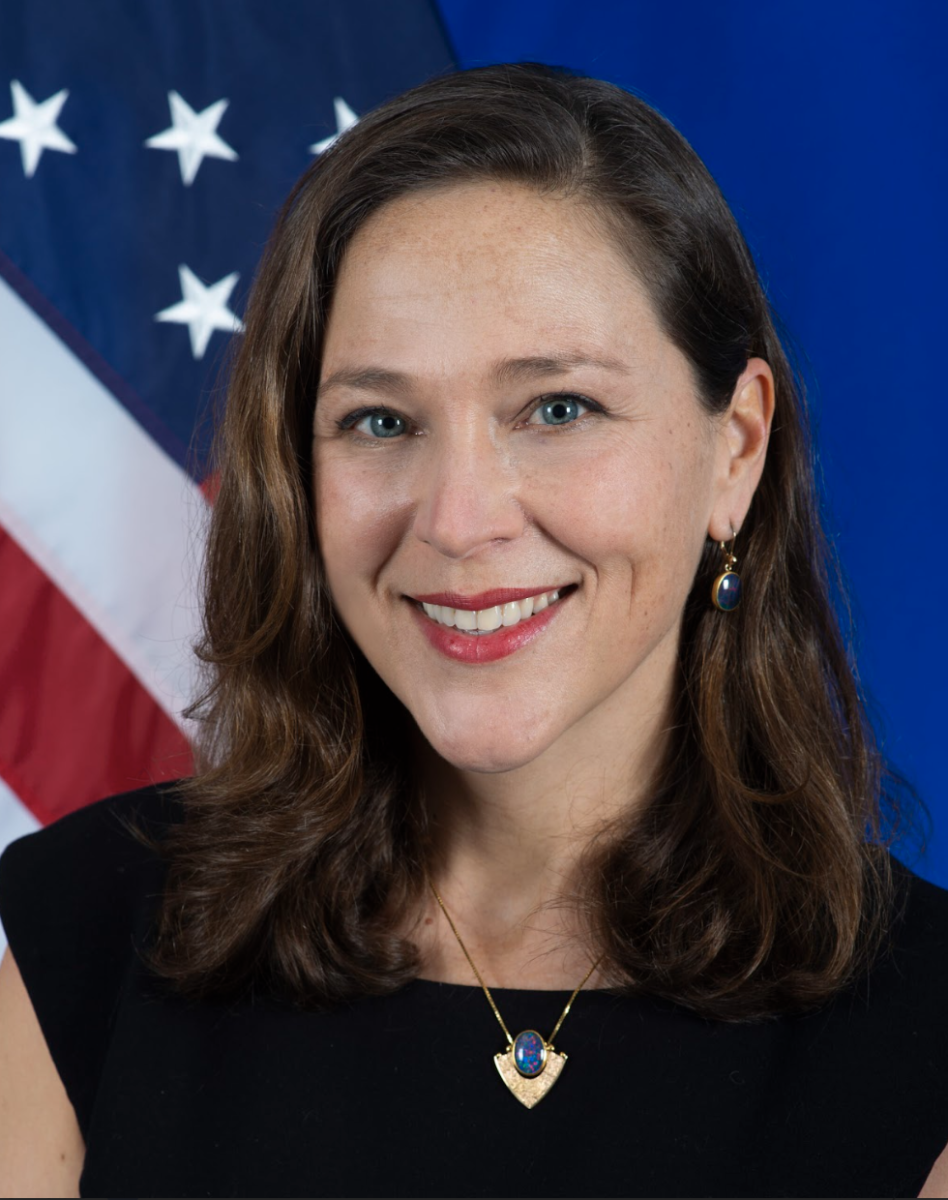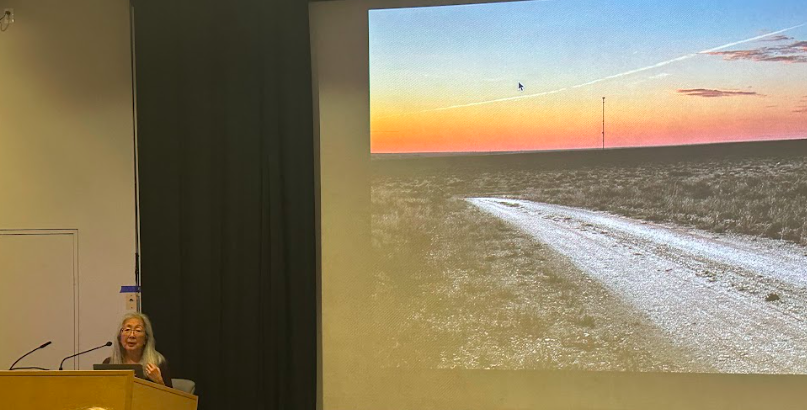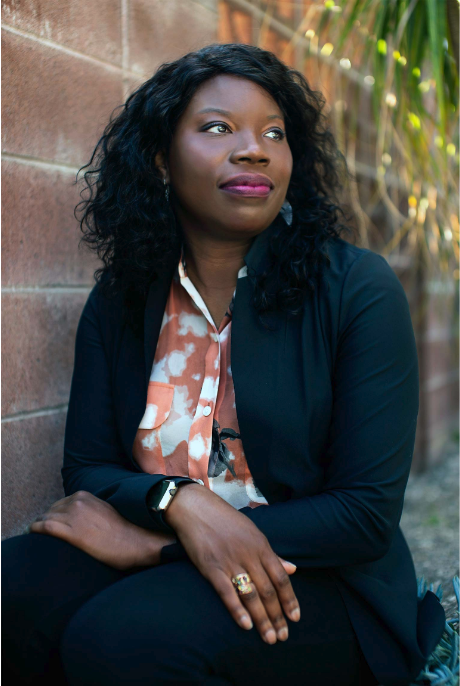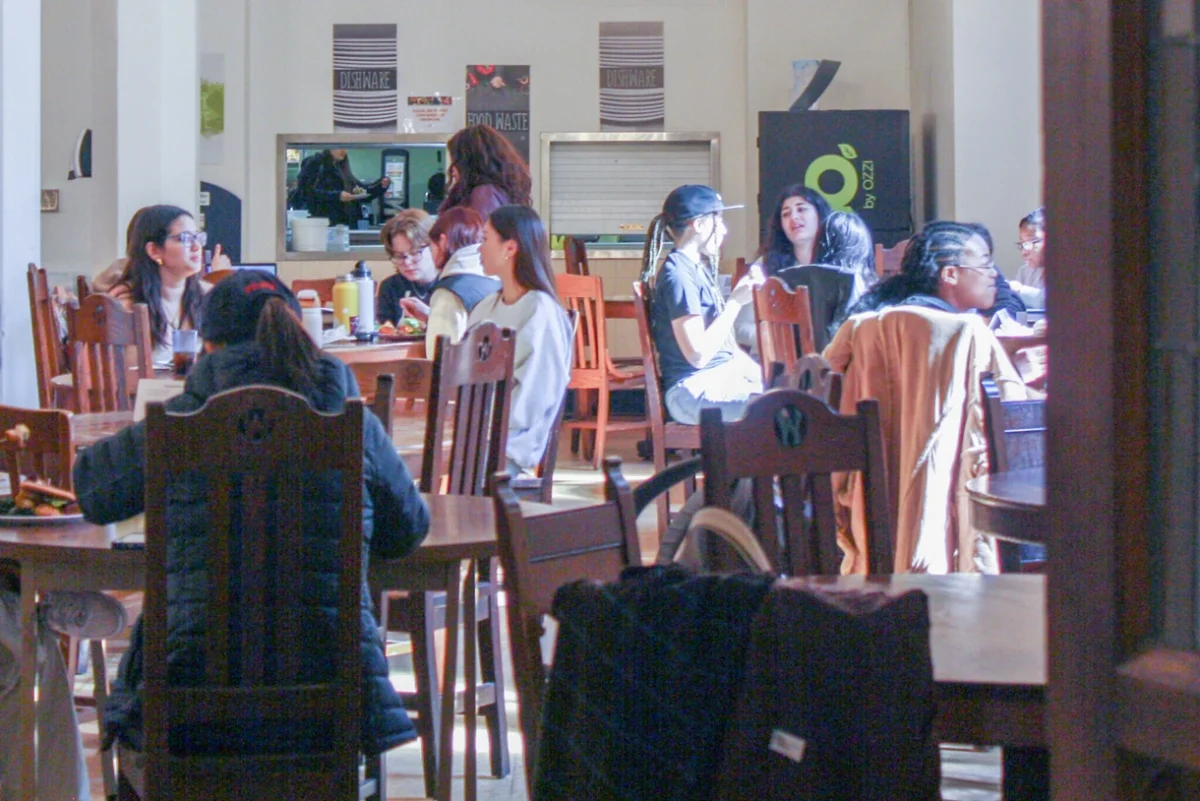In the video announcing that Massachusetts State Representative Liz Miranda ’02 was going to be Wellesley’s 2021 commencement speaker, the representative urged students to embrace “joy as resistance.” This is a sorely needed piece of advice in a year that has seemed intent on robbing us of any and all joys we might find.
“Last year was a very tough year to be in the [Massachusetts] legislature as one of only four Black women and, at the time, 13 or 14 people of color that were Black and Latino,” Miranda said. She has spent a great deal of time this past year working on police reform legislation, trying to protect her constituents. “I have a district that is 94- 95% of color. I have a district that is one of the poorest. And to see Black death continuously in the community and the media, and know that your district is over-policed. … [E]ven in my own family, my father and my two oldest brothers were incarcerated.”
Miranda’s involvement in her community is what brought her to Wellesley, and it’s what drew her back home again as a representative, too. She now represents the fifth Suffolk district, which encompasses much of Roxbury. A youth leadership program she was involved in as a young teen led her to serve as a tour guide for a peace and justice class visiting her neighborhood, which introduced her to the college she would one day attend.
“I was the youth speaker giving the tour that day. So I became connected to Wellesley, I applied and got in,” she remembered.
Once there, her activism did not stop; she became “very involved” with Ethos, Harambee House and the Africana Studies program. Wellesley, Miranda remembers, was the first time she “felt like a minority.” Her home community is nearly entirely made up of people of color, while, at the time, Black students at Wellesley “made up less than 5% of the population.”
At school, she fought to keep Ethos recognized as a closed organization by the College, and worked towards increasing recruitment of first-generation and low-income Black students. Then she made her decision to return home to Roxbury and serve the community that brought her to Wellesley.
As Miranda moved towards graduation, she had the same thoughts many seniors might find familiar: “Do I go to graduate school?”, “Do I go work at some fancy company? Because it really felt like going back home might’ve been seen as failure. And it’s not failure.”
When applying for jobs, she began to think about the young people back home. “I was thinking about the young men and women, who were looking for someone to say to them … it’s okay to come back. … I got a great education, and now I’m back here trying to help you, paying back what people invested in me.” She became the first youth director at the same organization that she had been part of when she was young.
Flash-forward to 2019, Miranda was elected as the state representative for the Fifth Suffolk district, having been motivated to run after the election of President Donald Trump. Since then, she has served as one of only a few Black women in the Massachusetts legislature, focusing on progressive issues such as violence prevention programs, police reform and housing reform.
One piece of legislation that Miranda recently introduced is the “Homes for All Act,” which would, if passed, prohibit landlords from asking about potential new tenants’ criminal or arrest records.
“Housing has often been used as a weapon against poor people, against people of color,” Miranda said. “Housing is a human right … we saw a 14 to 17% increase in the number of families that became homeless [in MA], and this was before COVID.”
According to a Homes for All fact-sheet, 15% of people who experience incarceration nationwide also experience homelessness within a year of being released. This contributes to what is known as the “revolving door” effect, where incarceration leads to homelessness, which leads to incarceration again.
“All of these issues are interconnected,” Miranda said. “If you are hungry, you can’t go to work or school and do well. If you can’t go to work and school and do well, you can’t make the money you need to buy food … to pay your rent, to pay your bills. And if you don’t have shelter, how does that impact every part of your world?”
Miranda says that she used her Wellesley education to help communicate the interconnected nature of these issues.
“One of the things I learned at Wellesley was understanding that when we fight for people, when we fight with people, we have to humanize them, and understand their story.”









